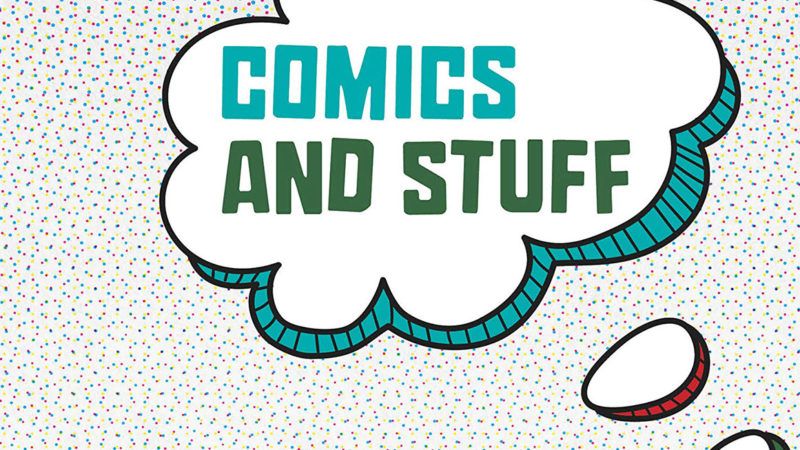Comics and Stuff

As the American vernacular art of comics cements its cultural and academic respectability, other areas of cultural studies are being brought to bear on the form. That project yields interesting and illuminating results in University of Southern California communications professor Henry Jenkins' new book, Comics and Stuff.
Jenkins understands that humans find profound meaning and identity through the stuff we buy, and especially the stuff we choose to save or collect, although that stuff is often derided as vulgar and unimportant. He employs some gendered analysis, in which male artists (such as Kim Deitch or Seth, who draw stories about people who accumulate, respectively, toys and paper ephemera that reify their pop cultural obsessions) are contrasted with female ones (such as Carol Tyler and Joyce Farmer, whose drawn relationships with "stuff" are more about family-centered coping with their parents' things).
Comics artists, Jenkins suggests, needed a strong collector streak in the days when most comics ended up in the garbage after a day or a month and weren't preserved forever in archival hardcover books. Back then, only obsessive accumulators and amateur archivists could have any access to the history of their previously ephemeral trash form. But "stuff," Jenkins demonstrates, is not merely "stuff"—it is also "the emotions, sentimental attachments, and nostalgic longings that we express through our relationship with physical objects."


Show Comments (5)